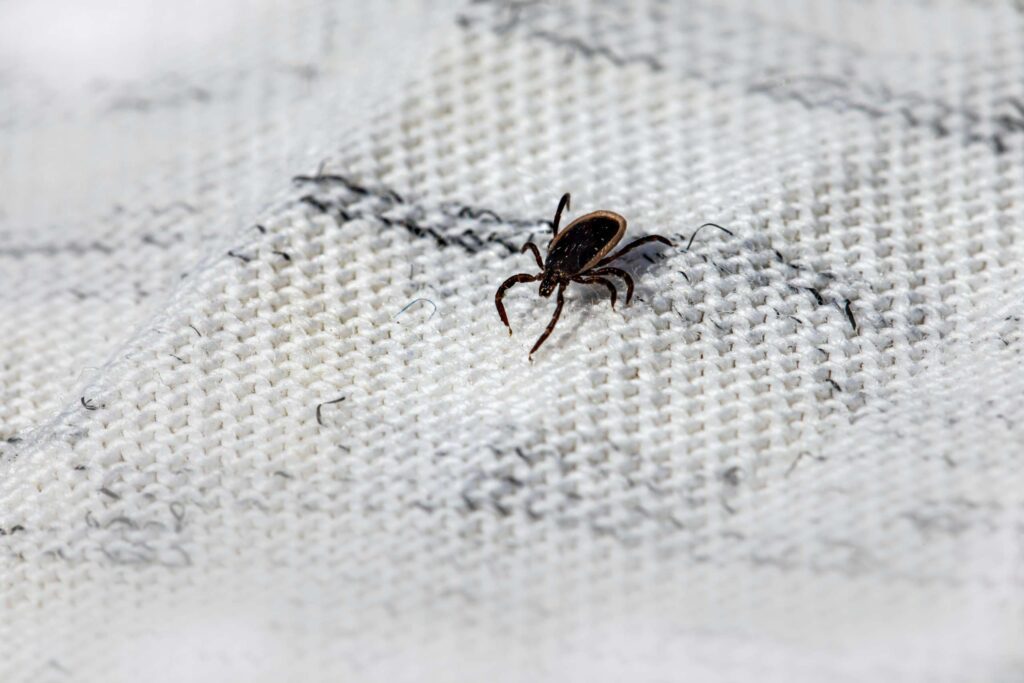Blog written by: E. Leraaen
It’s one thing to share cereal with your kids or family, but it’s another thing to share it with pests that have raided your pantry. Not only are they eating food without your permission, they are contaminating an entire bag of goods. Pantry Pests don’t only include mice, but a variety of beetles, moths, ants, and other species that all have the same taste in food as you. There are some steps you can take to help prevent these visitors for showing up for a snack.
Prevention starts in the grocery store
Many pests enter your home by hitching a ride in your groceries. Check the items you are purchasing for any sign of damage in the packaging. Rips, holes or tears enable those little critters to infest groceries before leaving the store. This also includes pet food, dog treats, bird seed and suet. Pests also enjoy those treats as well so ensure that these products are sealed properly as well.
Try to purchase smaller quantities of items
The longer items sit in your cupboard the more opportunity there is for an infestation. Try buying smaller quantities and replacing items more often. Also check for expiration dates and specialty items that are bought once a year, like holiday food items or international items used less often.

Clean your cupboards and surrounding areas
When cupboards are free of crumbs and spills are wiped up immediately, the pests will be unable to find a free lunch. There’s no need to use harsh chemicals, simple soap and warm water will do the trick.
Store pantry items properly
Airtight containers, such as mason jars, plastic or glass containers with well-sealed lids, are great at keeping pests at bay. If you see an infestation, start working immediately to dispose of these pests. Throw away infested items, clean the area and make sure to tie your garbage tightly and bring it outside your home to a trash bin right away. Remember, when you can see the infestation, the bugs are typically adults. There can still be eggs hidden in your pantry items. If they aren’t in an airtight container, err on the side of caution and dispose of these items. Prevention is the key so arm yourself with the information above to keep your cupboards pest free.
Related Posts
MOSQUITOS, SPIDERS & TICKS… OH MY!: THE PESTS OF SPRING
The sun is shining, the trees are budding, the temperature’s rising; everything is coming back to life after that long and seemingly endless winter. Along with the arrival of spring comes the reemergence of springtime pests. YUCK! Every year we look forward to the melting snow and springtime growth, but frequently forgotten, along with those…
Drain Cleaning to Avoid Unwanted Pests
Did you know Madsen Pest Management offers drain cleaning services for both commercial and residential customers? Drain cleaning is often thought of when you notice your shower or sink draining a bit slower than it used to, but by then, you could already have a pest problem. There are many types of unwanted pests that…
Madsen Pest Management or DIY?
if you have major pest infestation or an issue with destructive pests such as bed bugs, carpenter ants, cockroaches and fleas., it is best to contact MPM.



